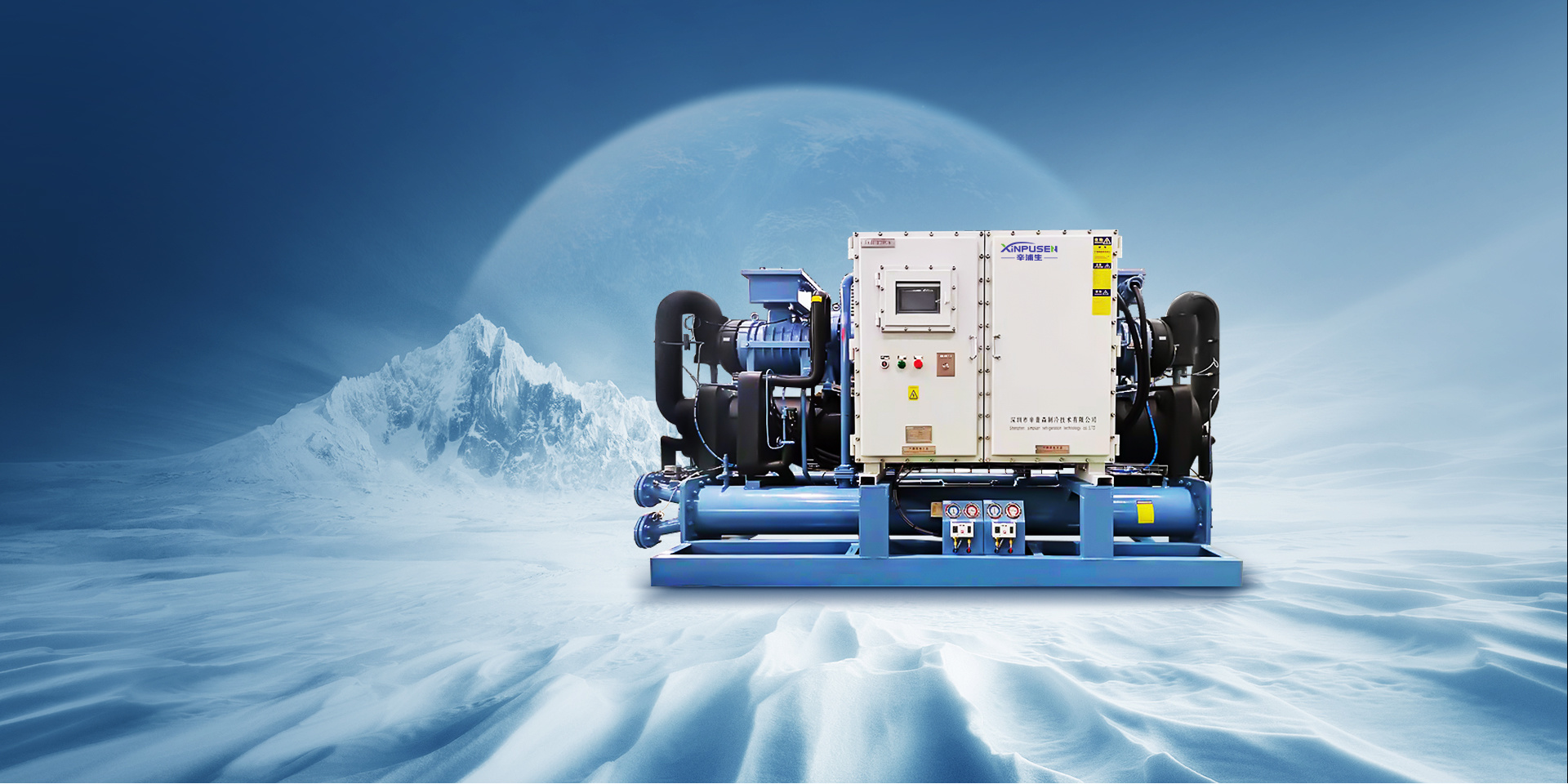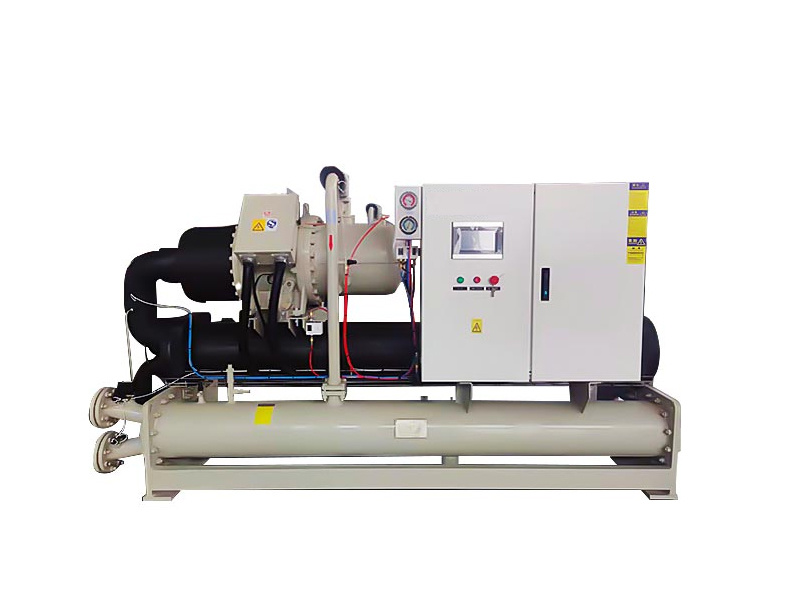Understanding Air-Cooled Screw Chiller Heat Pumps: Efficiency and Applications
2025-07-28 21:40
At the core of an air-cooled screw chiller heat pump is the screw compressor, which offers several benefits. This type of compressor is known for its reliability and efficiency, especially in large-scale applications. It operates with fewer moving parts compared to other compressor types, leading to reduced maintenance needs and longer operational lifespans. The design of the screw compressor allows for continuous and smooth operation, making it ideal for facilities that require consistent cooling or heating throughout the year.
One of the primary advantages of air-cooled screw chiller heat pumps is their ability to perform efficiently in varying ambient temperatures. They can extract heat from the air even in colder conditions, making them suitable for a wide range of applications, from industrial process cooling to space heating. This adaptability is essential for businesses that operate in diverse climates or require a reliable heating source during colder months.
Energy efficiency is another critical aspect of air-cooled screw chiller heat pumps. These systems often utilize advanced technologies such as variable speed drives, which adjust the compressor's speed based on real-time cooling demands. This feature not only enhances energy savings but also minimizes operational costs, making it a cost-effective solution for businesses looking to optimize their energy consumption.
Furthermore, environmental considerations are paramount in today’s industrial landscape. Air-cooled systems typically have a lower carbon footprint compared to water-cooled alternatives since they do not require extensive water resources for operation. As industries strive to meet sustainability goals, adopting air-cooled screw chiller heat pumps can contribute to greener practices without compromising on performance.
In addition to their energy efficiency and environmental benefits, air-cooled screw chiller heat pumps are also relatively easy to install and require less infrastructure than water-cooled systems. This simplicity can result in lower upfront costs and quicker installation times, allowing companies to implement cooling and heating solutions without extensive downtime.
In conclusion, air-cooled screw chiller heat pumps stand out as a versatile, efficient, and sustainable choice for industrial cooling and heating needs. With their reliable performance and adaptability to various operational requirements, they are quickly becoming a preferred option in the industrial equipment sector. Understanding their benefits and applications can help businesses make informed decisions about their cooling and heating systems, fostering efficiency and sustainability in their operations.
Previous: How an Air-Cooled Screw Chiller Heat Pump Can Revolutionize Your Cooling System
More Information
2026-03-02
Understanding the Advantages of Water-Cooled Screw Chillers for Industrial Applications
2026-02-24
quality air cooled industrial chiller
2026-02-23
Essential Insights into Air Cooled Industrial Chillers: Efficiency, Selection, and Maintenance
2026-02-16
What to Expect During the Installation of Air Cooled Industrial Chillers: A Comprehensive Guide
2026-03-02
Understanding the Advantages of Water-Cooled Screw Chillers for Industrial Applications









 CN
CN EN
EN


